(January 24, 2022) Space missions like Chandrayaan, Mangalyaan, PSLV have catapulted India into the league of top space tech countries in the world, and this continuous evolution is driving more space tech startups to take the lead. With global space market size being $350 billion, India is holding out only 3 percent of the entire share. It’s this meager share that’s pushed ISRO to invite desi honchos to use India’s resources and take part in the space arena. Disrupting with cutting edge tech are these individuals that form the core of India’s space tech inc.
Pixxel
Founders: Awais Ahmed and Kshitij Khandelwal
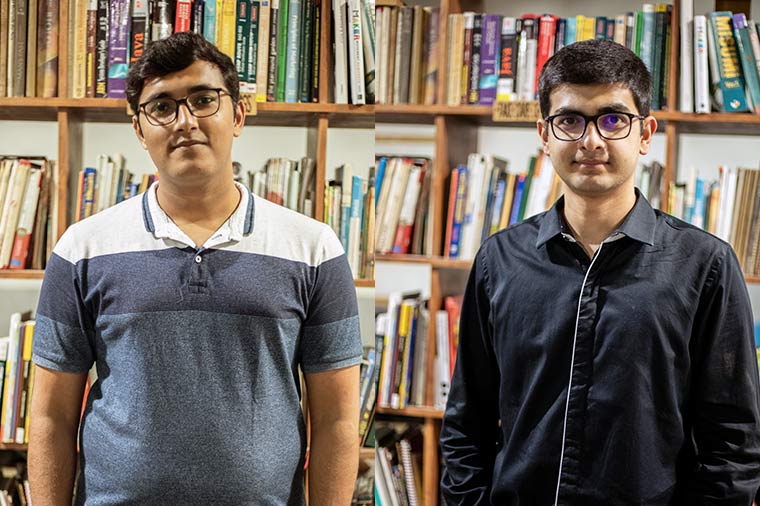
Awais Ahmed, co-founder, CEO, and CTO Kshitij Khandelwal founded Pixxel in 2019. Both were on the founding team of Hyperloop when they decided to launch their startup. Pixxel, a private aerospace manufacturer, is hoping to put a constellation of 30+Earth observation micro-satellites into orbit by 2023. The two BITS Pilani buddies are behind Asia’s only space startup to qualify for the 2019 Techstars Starburst Space Accelerator in Los Angeles. Ahmed, an avid space aficionado, has tweeted, “Someday, we’ll set out into the stars. As we should. But regardless of how far we go, there will always ever be just one true home,” referring to the Earth.
Kshitij Khandelwal apparently bonded with Ahmed over video games during college and this paved the way for their startup, which has created a niche in the world of space tech. “We’ll be working with Rio Tinto to help make mining operations sustainable around the globe through our hyperspectral satellites. This is a big step for us towards our goal of building a health monitor for our planet,” posted Khandelwal on the latest developments.
The company raised $2.3 million in March 2021 from Techstars, Omnivore VC and others in addition to the $5 million, it raised in August 2020 from Lightspeed Ventures, etc.
Skyroot Aerospace
Founders: Naga Bharath Daka and Pawan Kumar Chandana
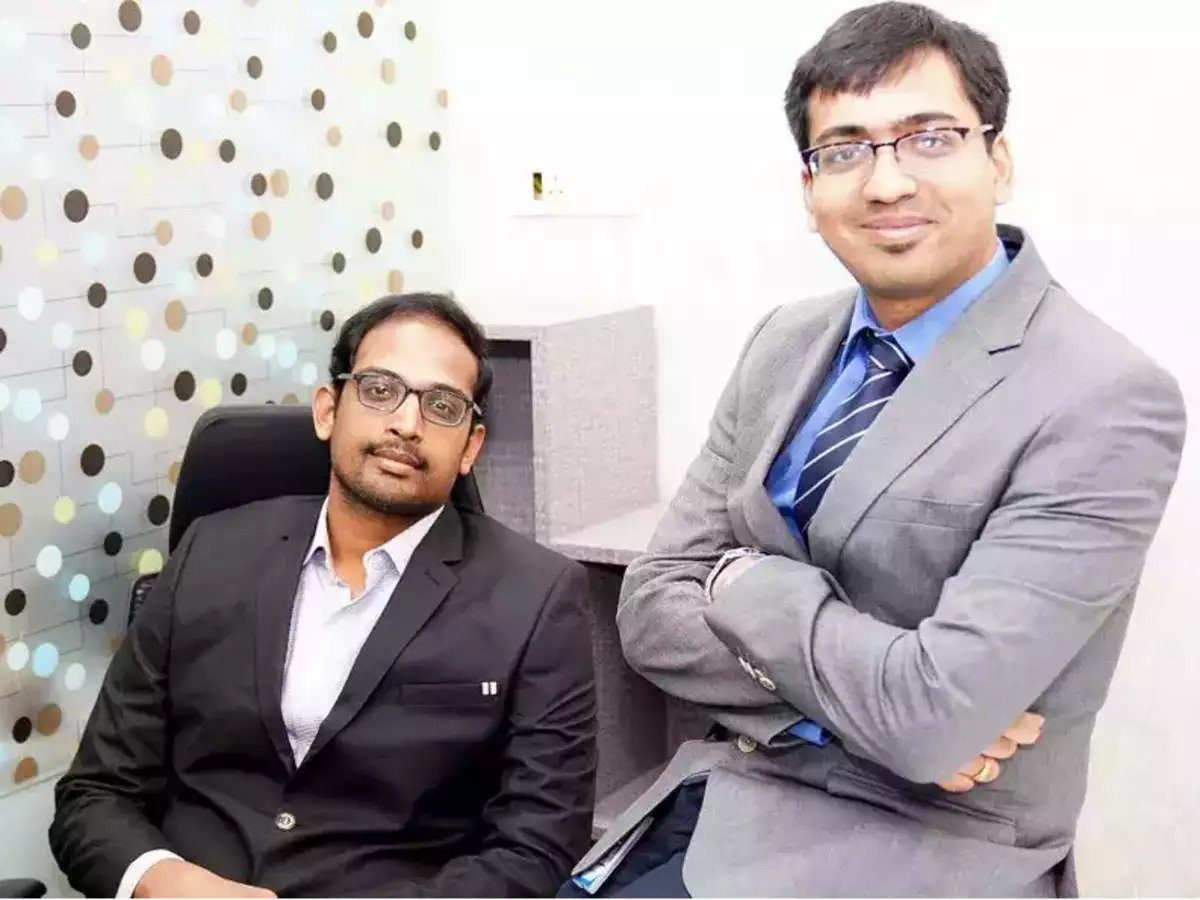
With the central government privatising the space sector, more home-grown startups are clawing into the space, and one such is Hyderabad-based Skyroot that has successfully fired India’s first fully cryogenic 3D printed liquid propulsion engine – Dhawan. Founded by former ISRO scientists – Naga Bharath Daka and Pawan Kumar Chandana in 2018, Skyroot has become of the one of the most prominent names in Indian space tech for finding the most cost-effective ways to send small satellites into space.
Backed by the promoters of renewable energy firm Greenko Group and Curefit founder Mukesh Bansal, the startup is looking at the growing global opportunity to make affordable space launches a reality. Interestingly, it became the first space tech startup to formally sign up with ISRO in 2021 to undertake multiple test and access facilities at various ISRO centres. “When you build rockets, you get deeply immersed in the tech, stay super focused, give attention to every detail, wrestle with physics, solve the mysteries, and celebrate every fire and lift-off!,” Pawan wrote on Twitter.
NDA with M/s Skyroot Aerospace Pvt. Ltd signed on February 02, 2021. This will enable them to access #ISRO‘s technical expertise and facilities.
More Details: https://t.co/UpGKo0UA5v@SkyrootA pic.twitter.com/zJ7FHlnZJZ
— ISRO (@isro) February 3, 2021
It was while working as a scientist at ISRO that this IIT Kharagpur graduate developed the plan of making space launches affordable, and that’s exactly what Pawan is doing with Skyroot especially after raising $11 million from Series-A funding led by Greenko Group founders, Anil Chalamalasetty and Mahesh Kolli.
Dhruva Space
Founders: Sanjay Nekkanti and co-founders Abhay Egoor and Krishna Teja Penamakuru
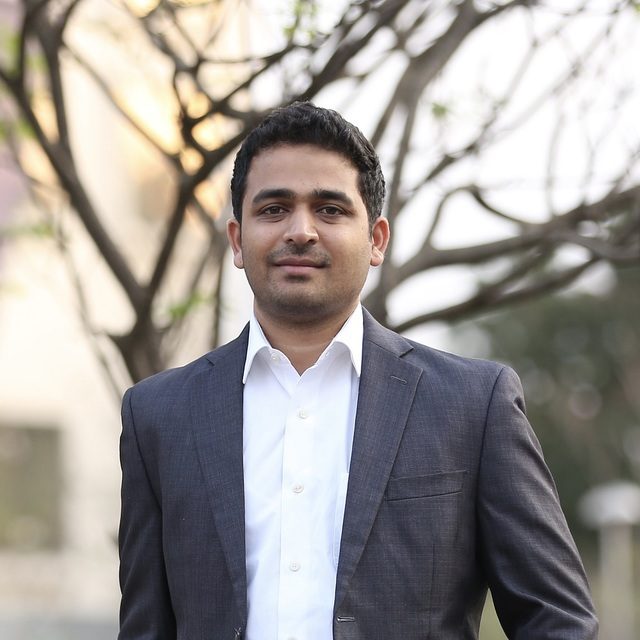
As space tech is set to grow, Dhruva Space is among the first companies to enter the space back in 2012. Co-founder and CEO Sanjay Nekkanti is a seasoned entrepreneur in the space industry with rich experience working with start-ups and mid-sized businesses building products and services in the area of small satellites, satcom technologies, sensors and connected devices. The Lulea University of Technology student did a master in space science and technology. Dhruva Space is the first private company in India to manufacture satellites.
The national award-winning space technology startup builds full-stack space engineering solutions, and is based out of Hyderabad and Graz, Austria. Sanjay is an inventor at heart, and he often tweets his interests, “Human space exploration will become more common as we strive towards becoming multi-planetary species. I assembled this Lego model of ISS and it felt really good.”
Dhruva aims to deploy LEO satellites for ease in satellite imagery and to create their own ground and launch stations. The year 2022 is when Dhruva Space’s first satellite launch will be conducted. Its latest funding totalled $2.9 million in October 2021, and these funds will go into the launch of innovative solutions and expand its footprint to other world markets.
Digantara
Founders Anirudh Sharma, Tanveer Ahmed and Rahul Rawat
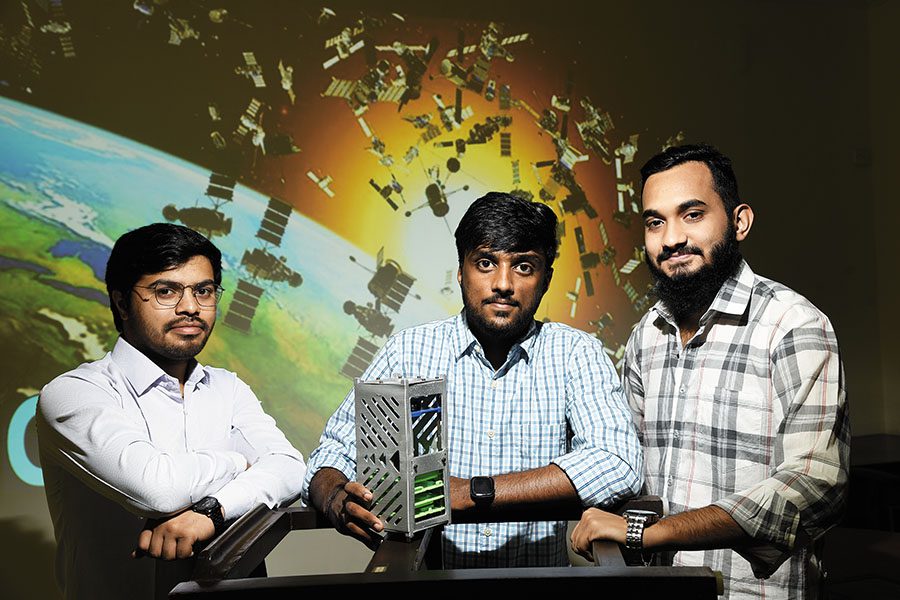
Anirudh Sharma, CEO and founder, Digantara, offers solutions aimed at space sustainability and situational awareness. Sharma and his college buddy Rahul Rawat started Digantara with Kalaari Capital funding the foray. This IISc-incubated company is working on a space-based surveillance platform with global real-time earth coverage. Sharma, an alum of Lovely Professional University, started his space tech career as a 19-year-old on a satellite project. The problem Digantara is tackling is space traffic management and space debris with low-cost nano-satellite constellations.
Rawat, COO, also an alum of Lovely Professional University, wants to cultivate innovations in space technology. “DigantaraIndia is set to take on the problem of #space junk and eliminate the risk of collisions in space,” Sharma tweeted. Most recently, Sharma posted, “Digantara is honoured to be a part of the historic launch of ISpA- Indian Space Association, dedicated to accelerating the growth of Indian space industry and contributing to the government of India’s ambition of becoming aatmanirbhar.”
Sharma interacted with Prime Minister Narendra Modi at the above launch, lauding the PM’s space reforms. The company is now building a one-of-a-kind in-orbit device to track spent satellites, broken rocket parts, other junk that dangerously hurtles around in space, to be launched soon. Digantara is amongst the startups selected worldwide under the 12th edition of #Fit4Start programme #Luxembourg in recent news.
Astrogate Labs
Founders: Nitish Singh and Aditya Kedlaya
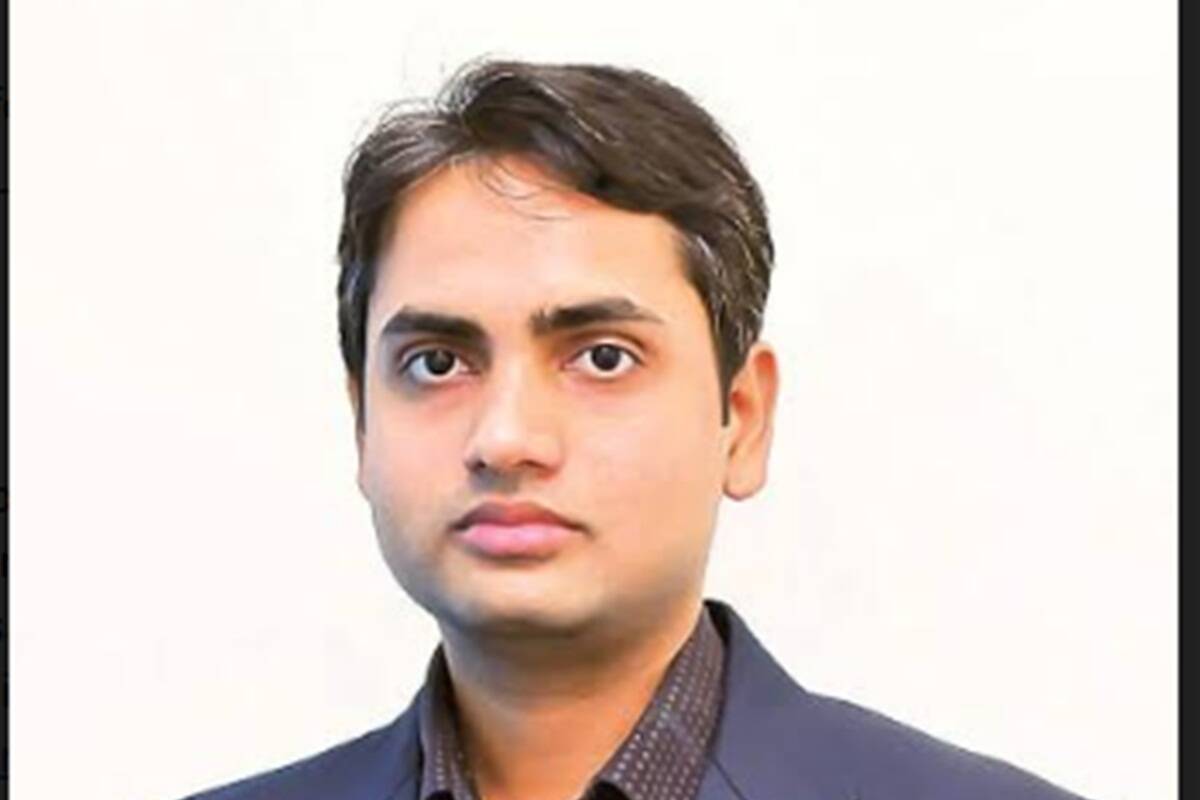
Ever wondered how satellite communication works? Well, it begins from the Earth station, which transmits and receives signals from satellites in the form of high-frequency signals. With each passing year, more data is being sent and processed, thus increasing the demand for satellite communication. This is where Bengaluru-based Astrogate Labs comes into the picture as it is on a mission to change the face of space communication through their technology that is making it easier for small satellites to send more data to earth stations at a faster speed than before.
Founded by two IIT alumnus and former Team Indus engineers Nitish Singh and Aditya Kedlaya in 2017, this space startup is developing small satellite terminals and optical ground networks for satellite communication. In the era of space age, Astrogate is looking to disrupt the small satellite communication market through its laser communication solution. Launched to address the problem of high-speed communication in space, this space tech startup is aimed at building an entire chain of optical communication system.


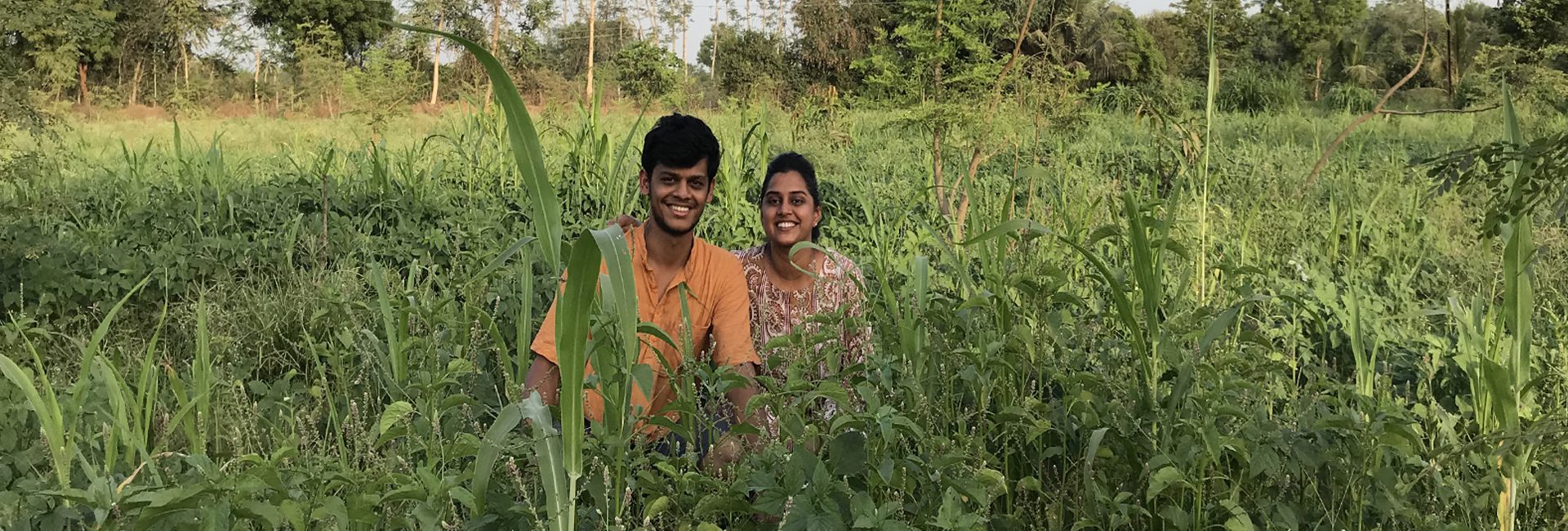
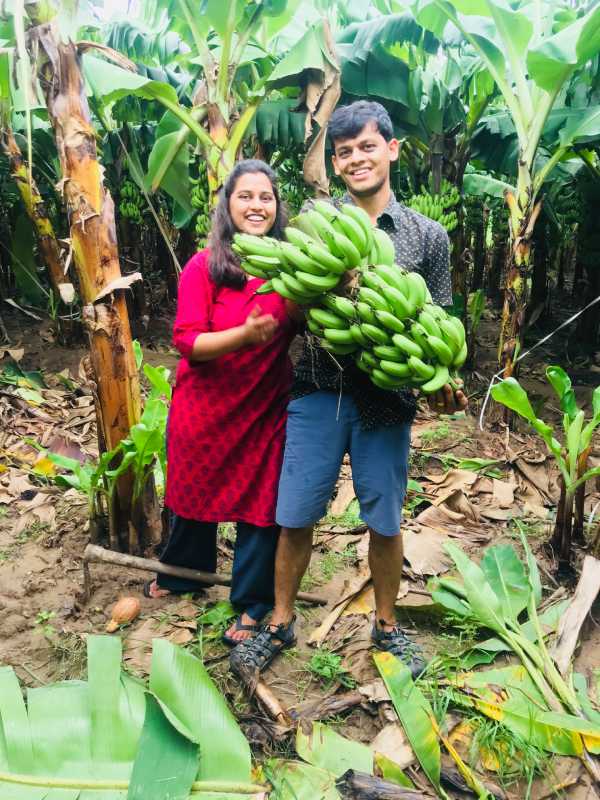 Brinda Shah and Vivek Shah at their forest form, Brindavan[/caption]
Brinda Shah and Vivek Shah at their forest form, Brindavan[/caption]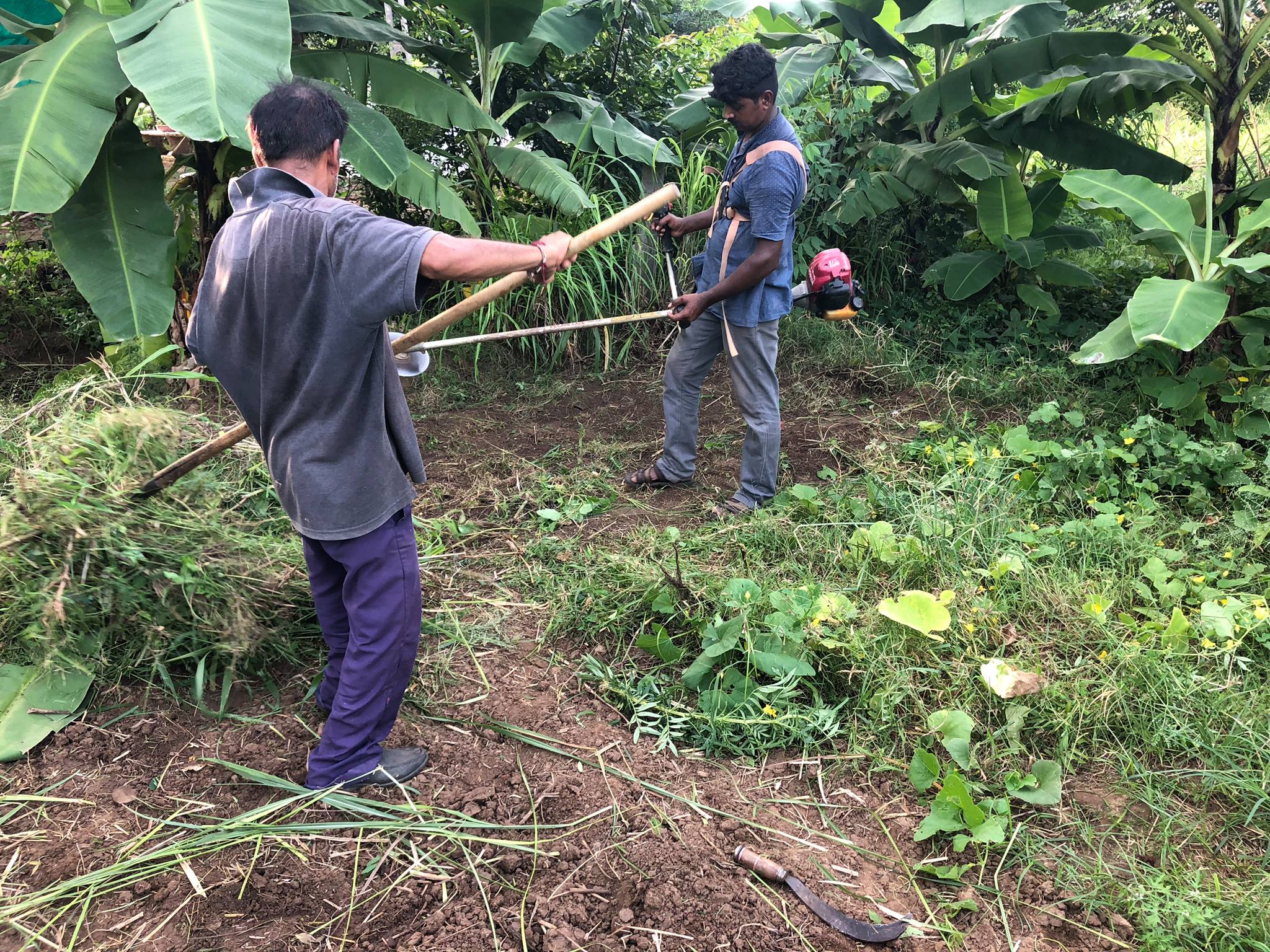
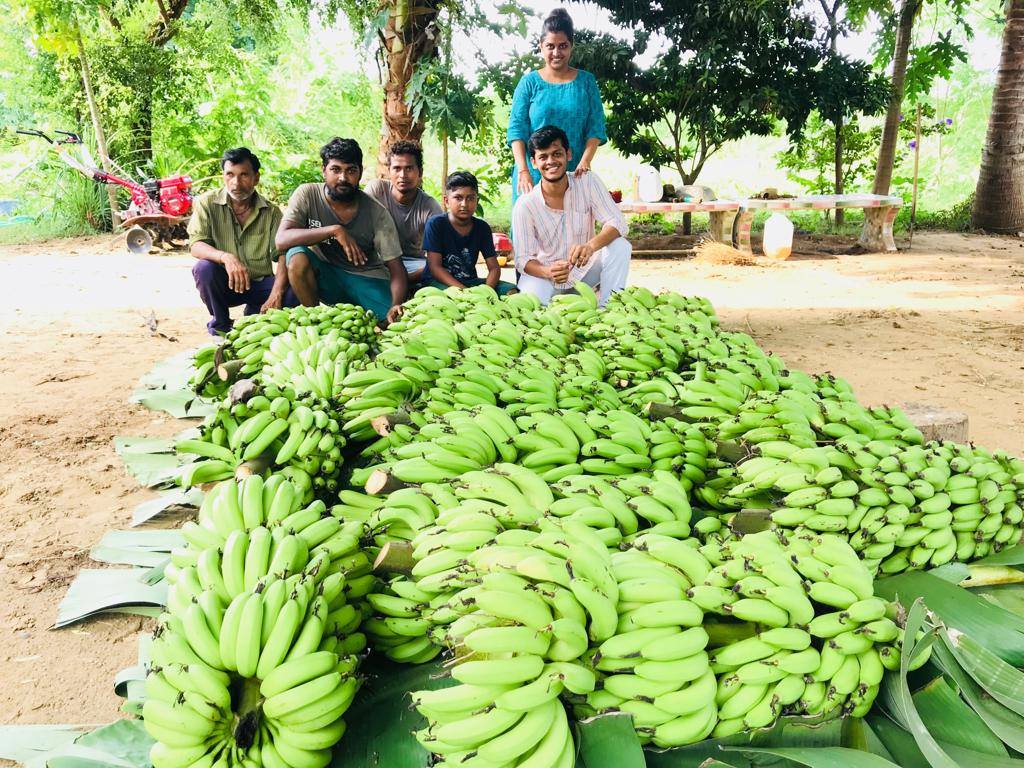
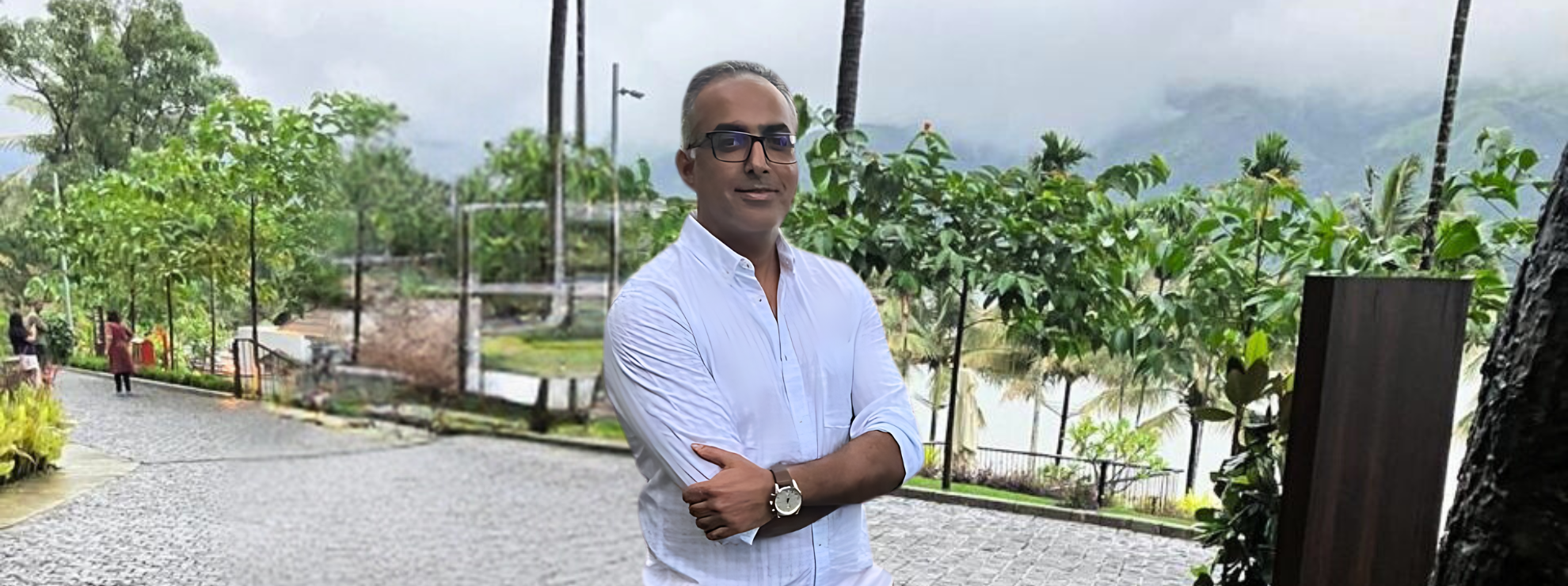
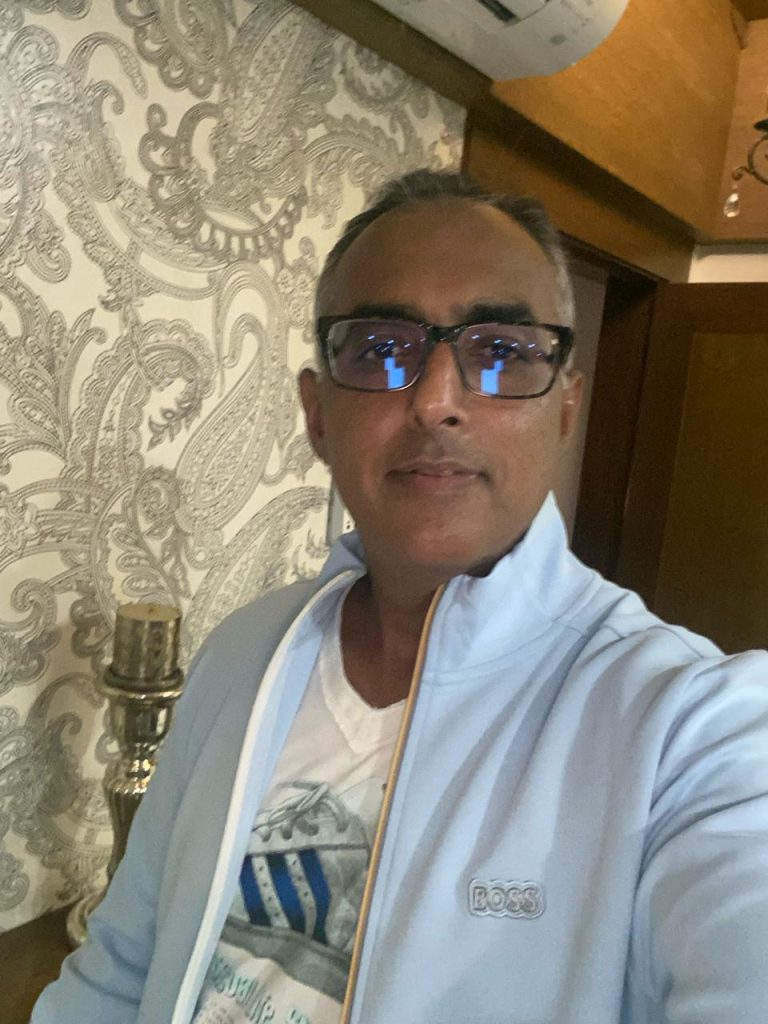
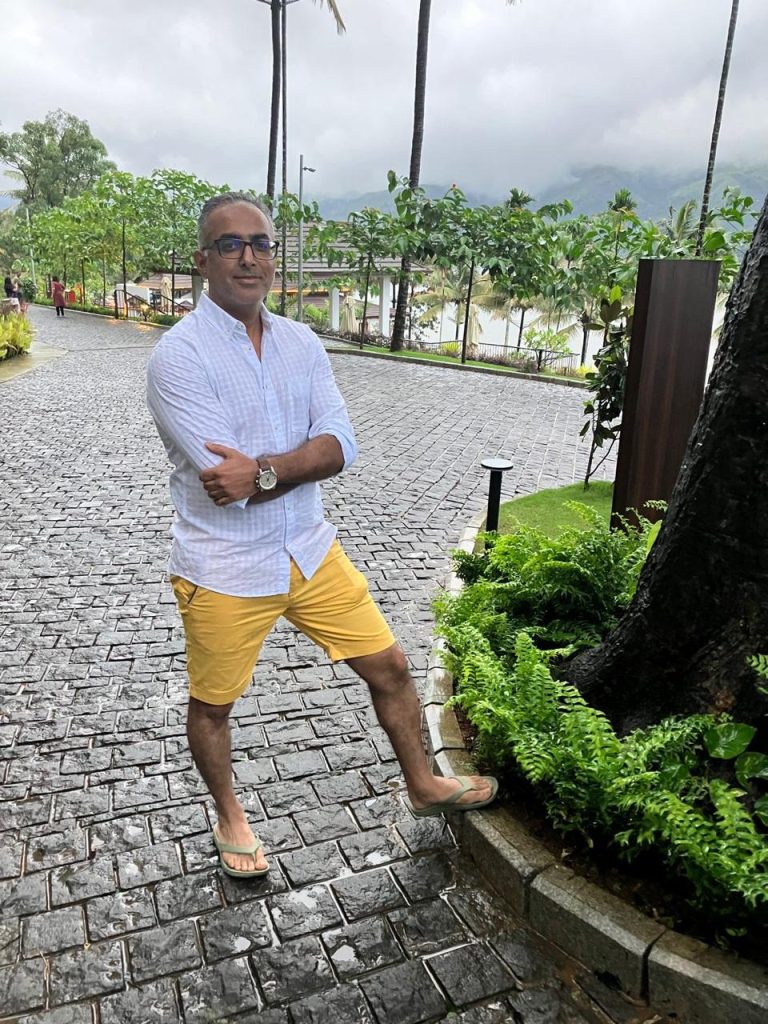


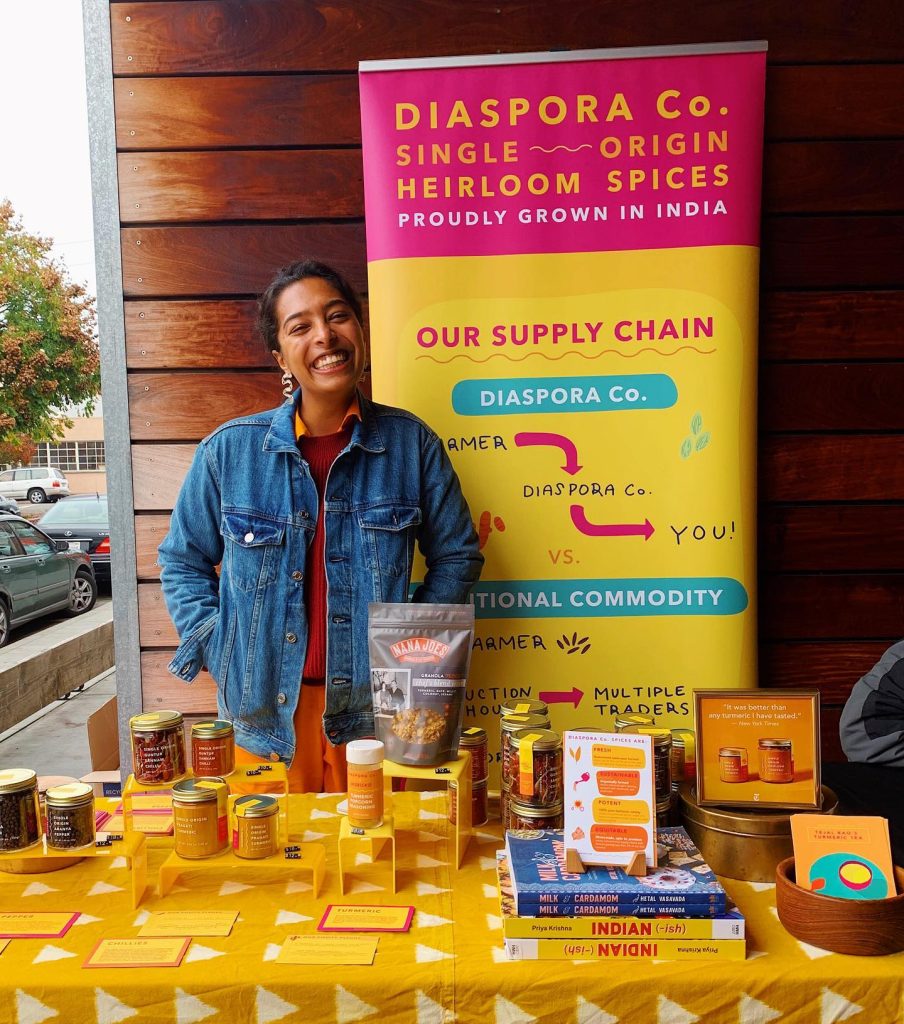 Sana Javeri Kadri[/caption]
Sana Javeri Kadri[/caption] Sana Javeri Kadri with farmers[/caption]
Sana Javeri Kadri with farmers[/caption]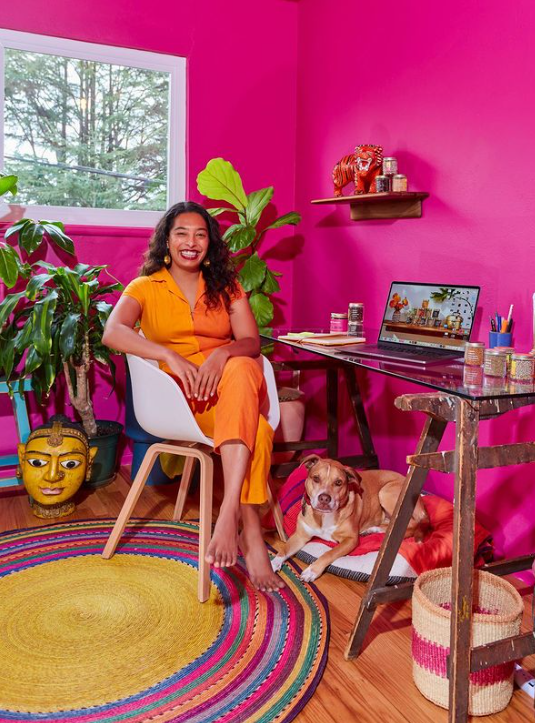 Sana Javeri Kadri[/caption]
Sana Javeri Kadri[/caption]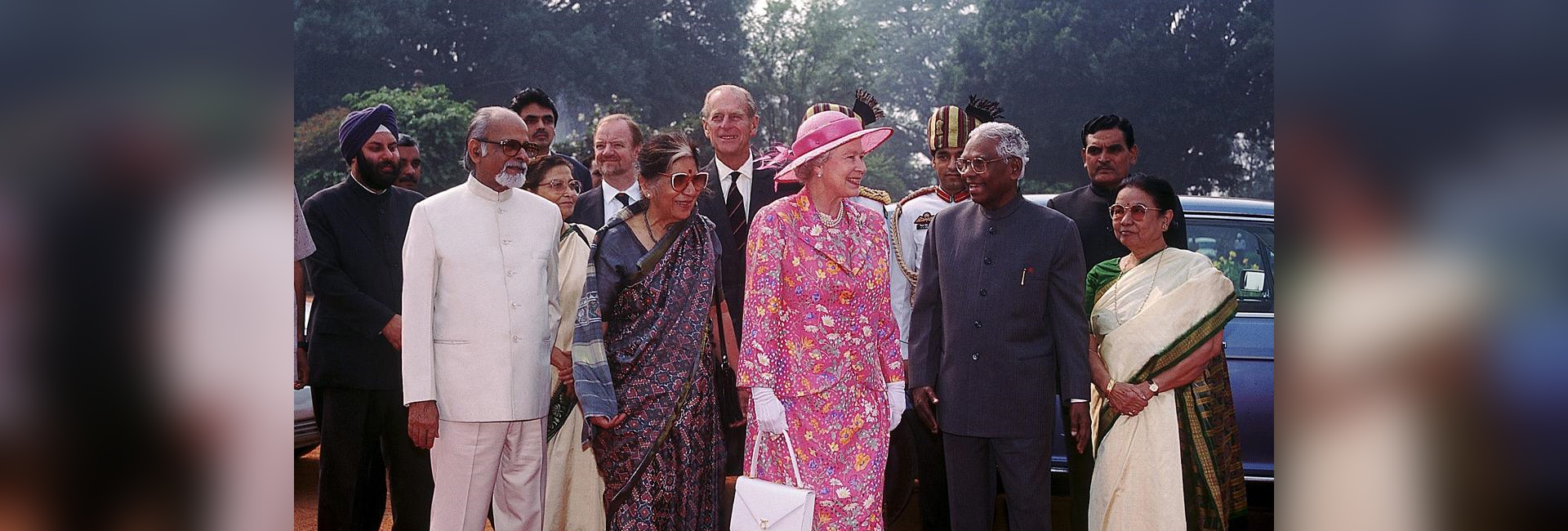
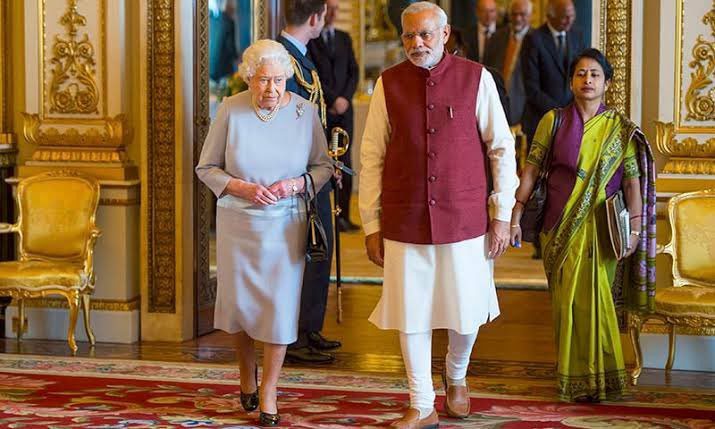 Queen Elizabeth II with PM Narendra Modi. Photo:
Queen Elizabeth II with PM Narendra Modi. Photo: 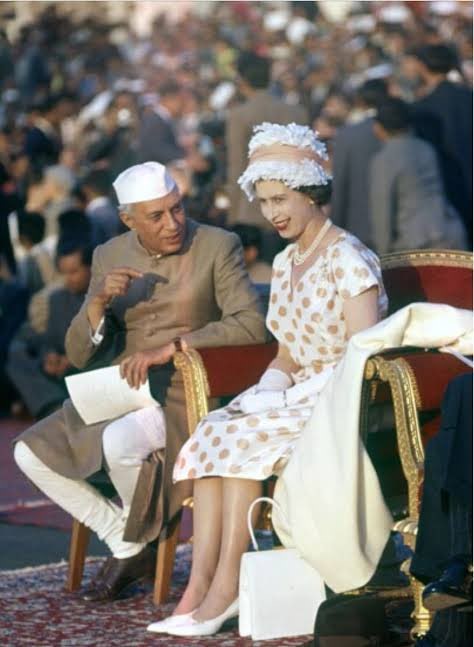 The Queen with former Prime Minister Jawaharlal Nehru at the Republic Day Parade, 1963[/caption]
The Queen with former Prime Minister Jawaharlal Nehru at the Republic Day Parade, 1963[/caption] Atop an elephant in Benares[/caption]
Atop an elephant in Benares[/caption]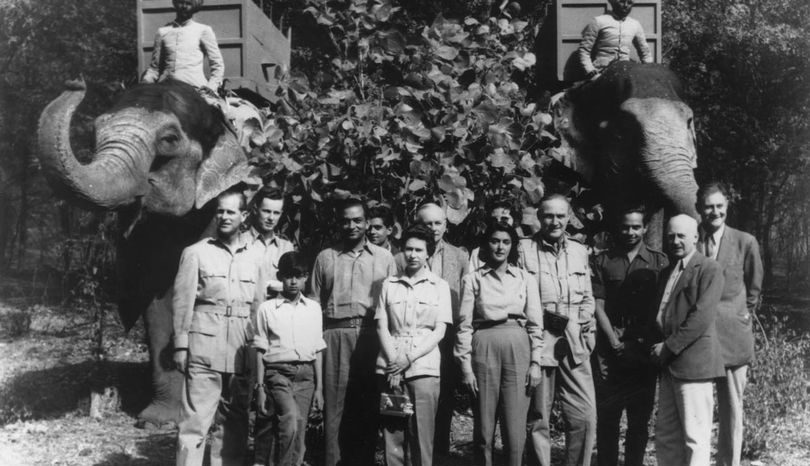 After the controversial tiger hunt in Jaipur[/caption]
After the controversial tiger hunt in Jaipur[/caption]
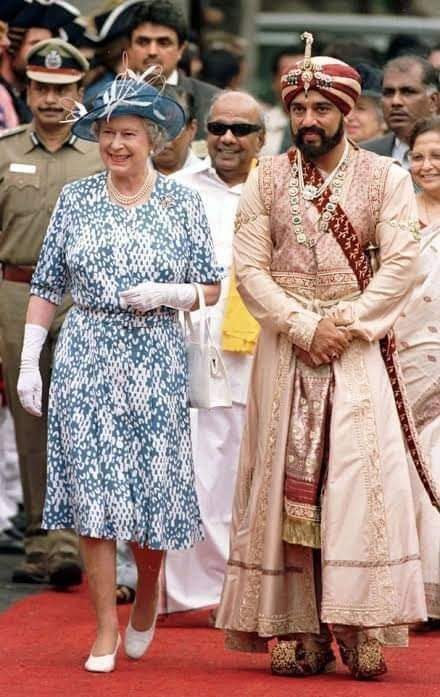 Her Majesty with Kamal Haasan during the shooting of Marudhanayagam[/caption]
Her Majesty with Kamal Haasan during the shooting of Marudhanayagam[/caption]